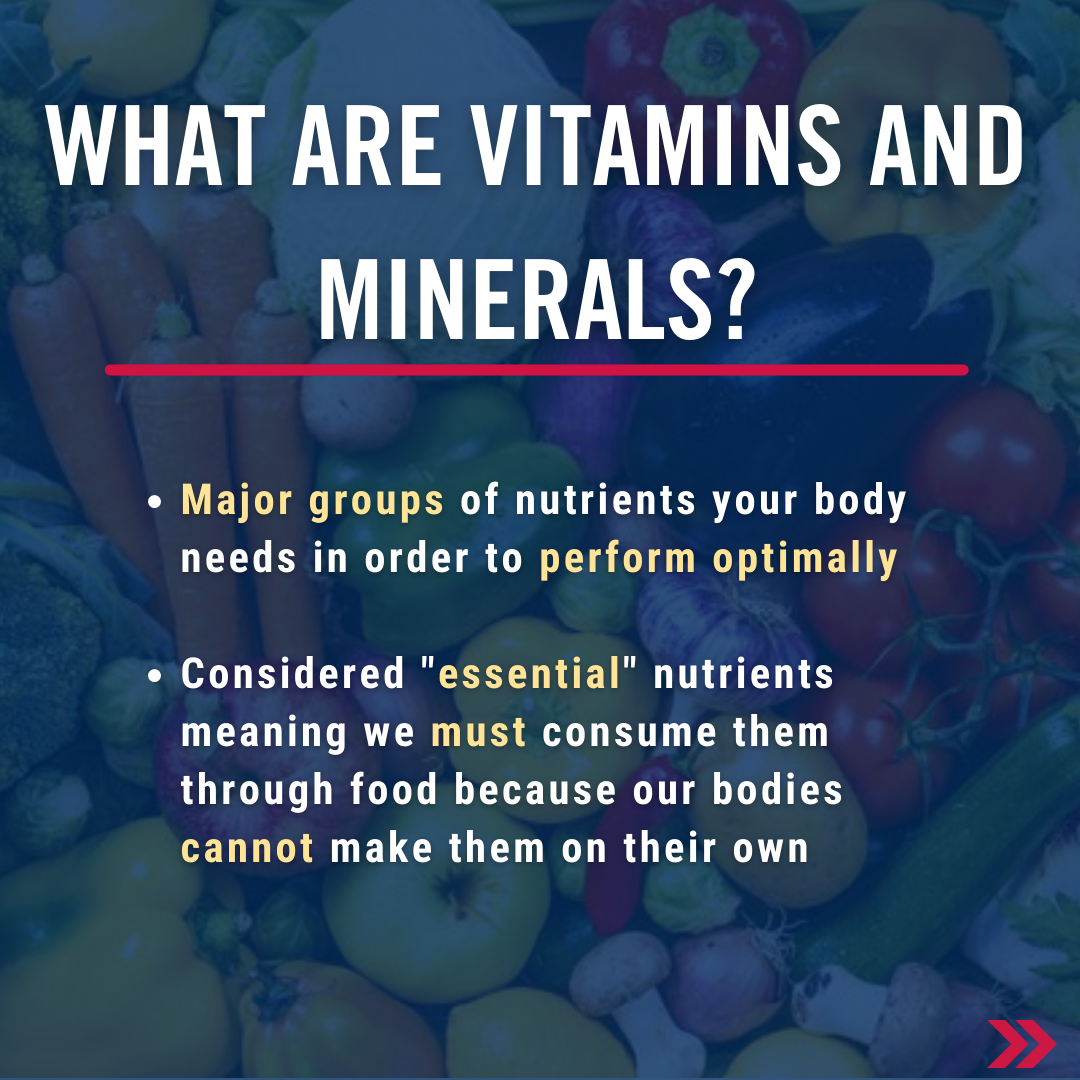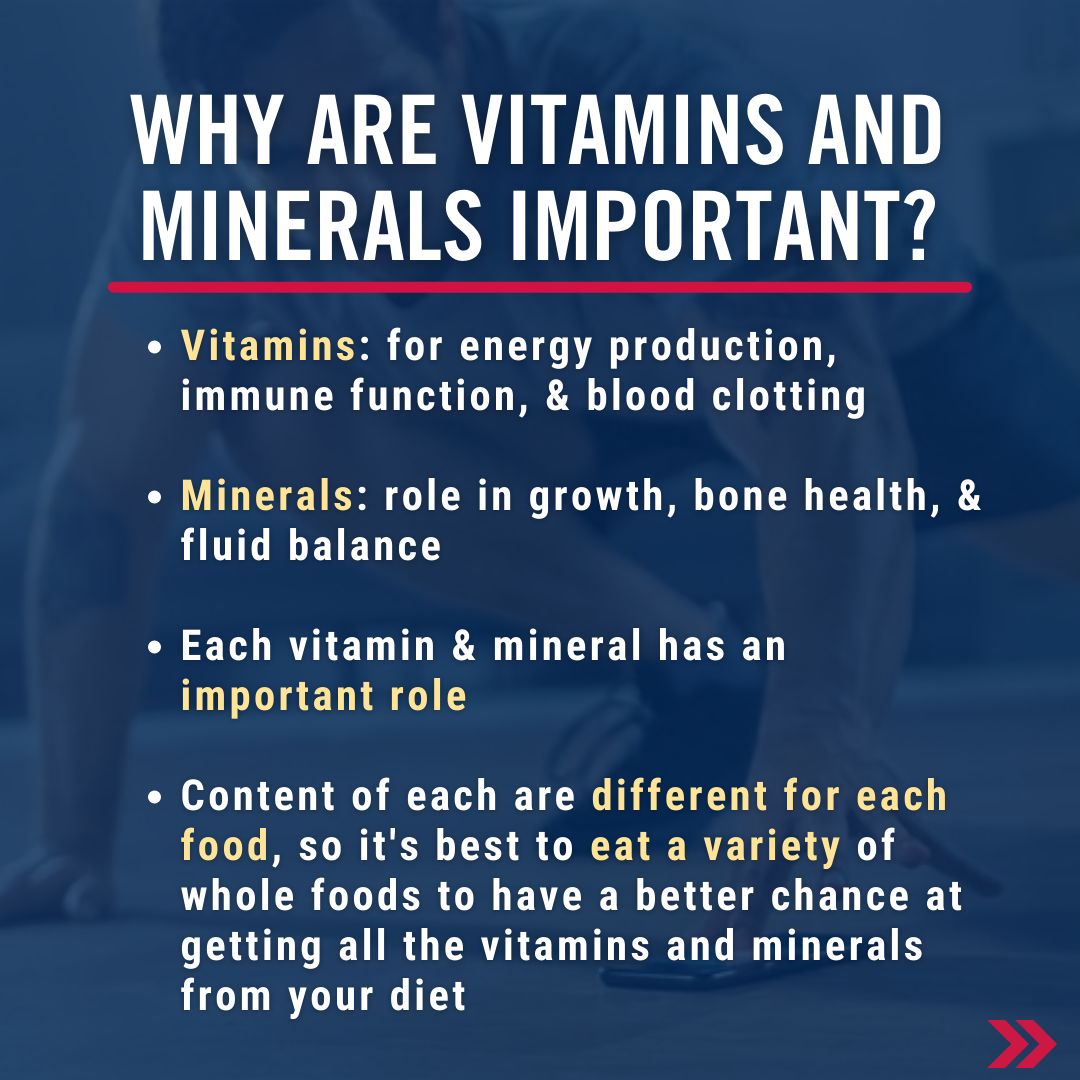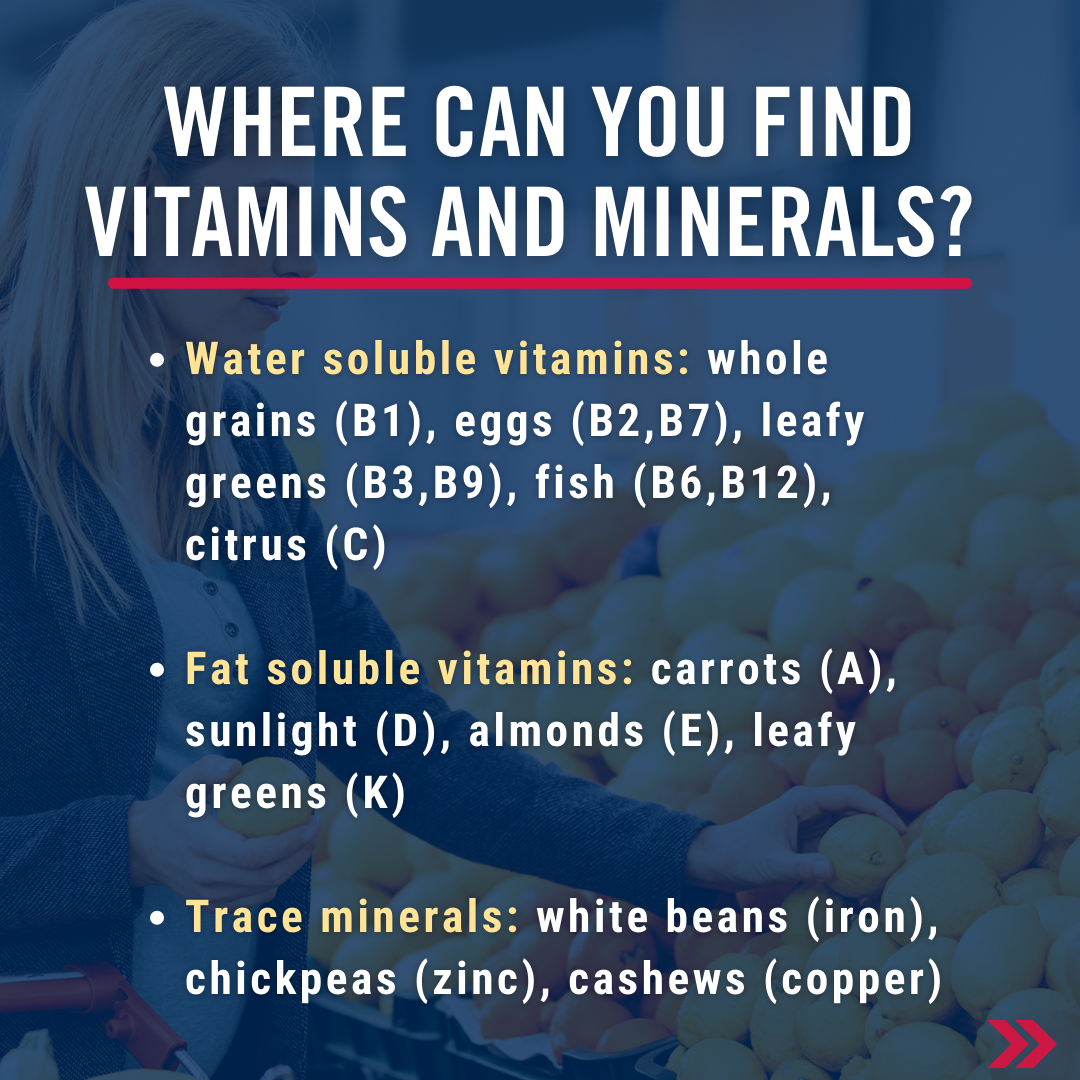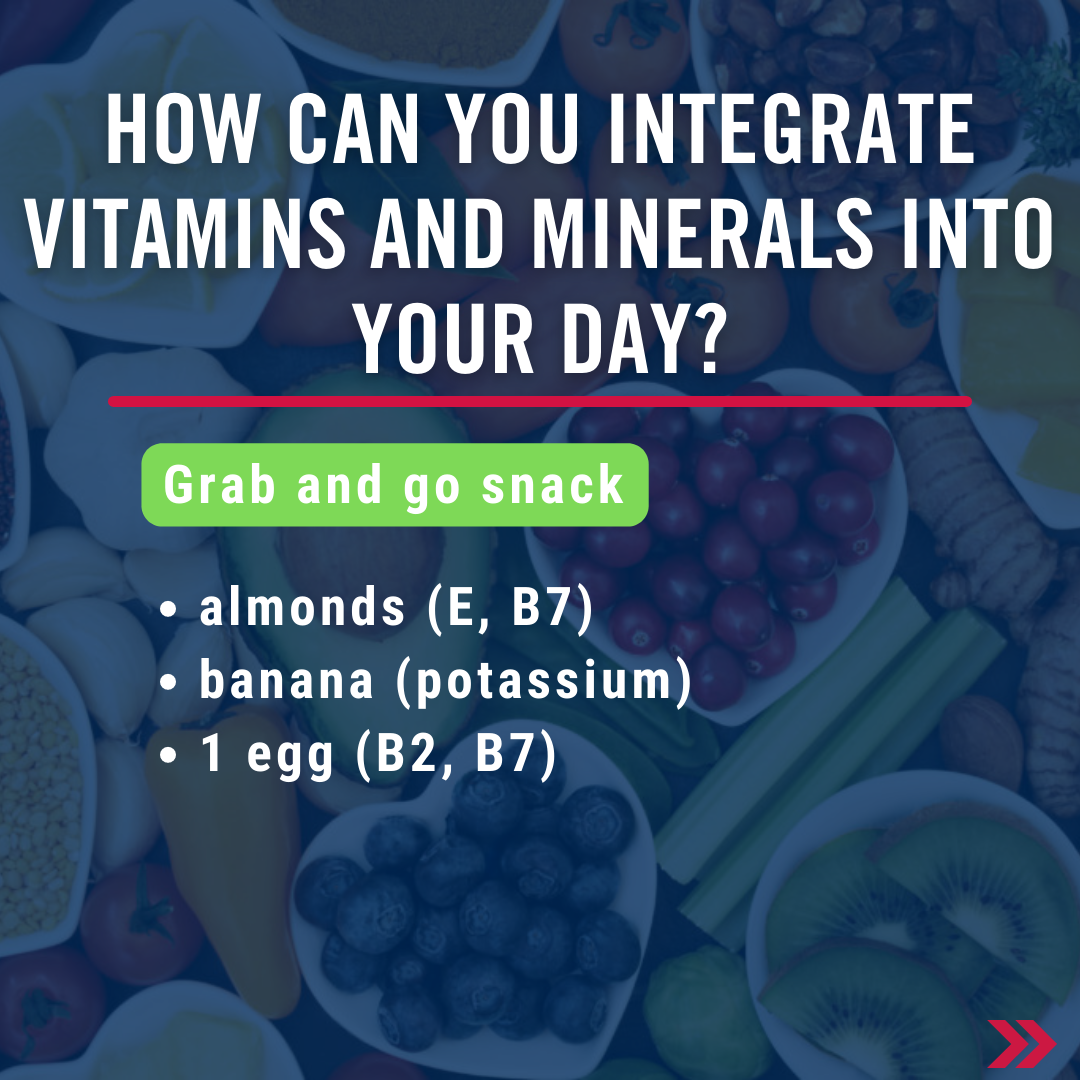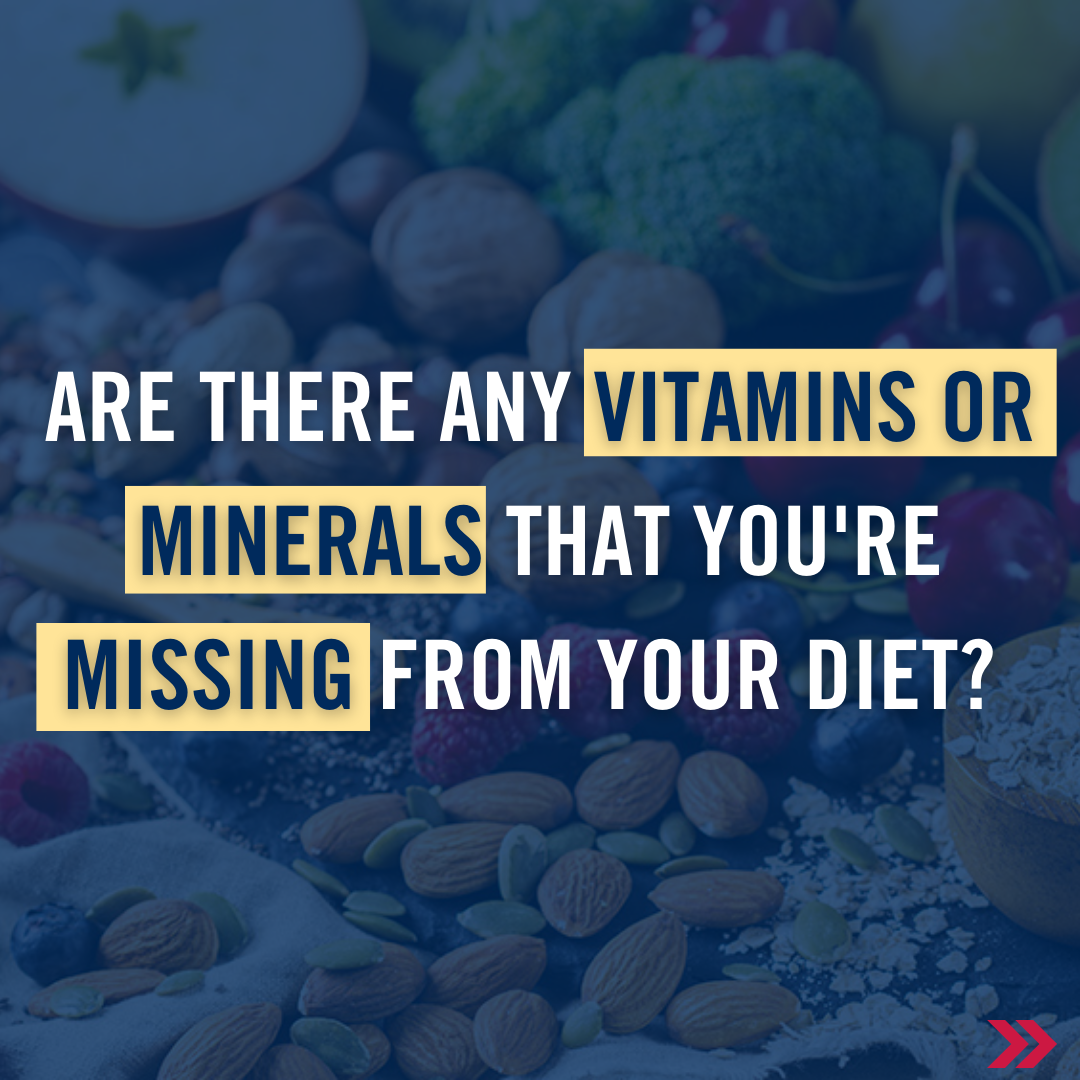Fitness & Performance Nutrition Series: Topic 5
Understanding macronutrients and micronutrients!
Macronutrients are the nutrients your body needs in larger amounts. These include protein, fat, and carbohydrates.
Micronutrients are the nutrients your body needs in smaller amounts. These include vitamins and minerals.
HOW TO INCORPORATE ENOUGH MACRONUTRIENTS AND MICRONUTRIENTS INTO YOUR DAY
Protein
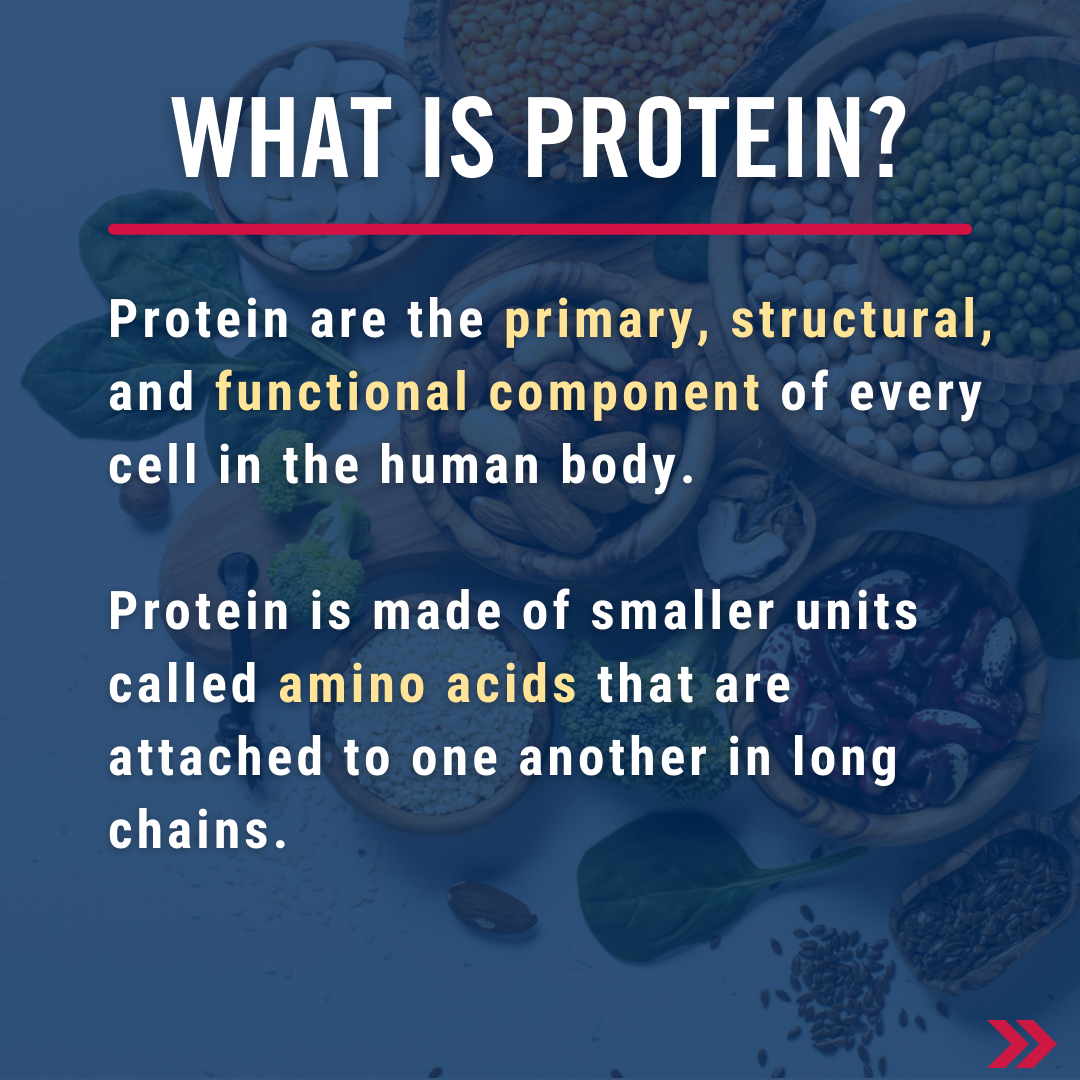 |
What is protein?
-
Amino acids are the building blocks for many of the systems and structures in our bodies.
-
If we don’t get enough protein through our diet, our body will start to take stores of amino acids from parts we need, such as our muscles!
-
So, we must constantly replenish protein by eating it in our diet.
|
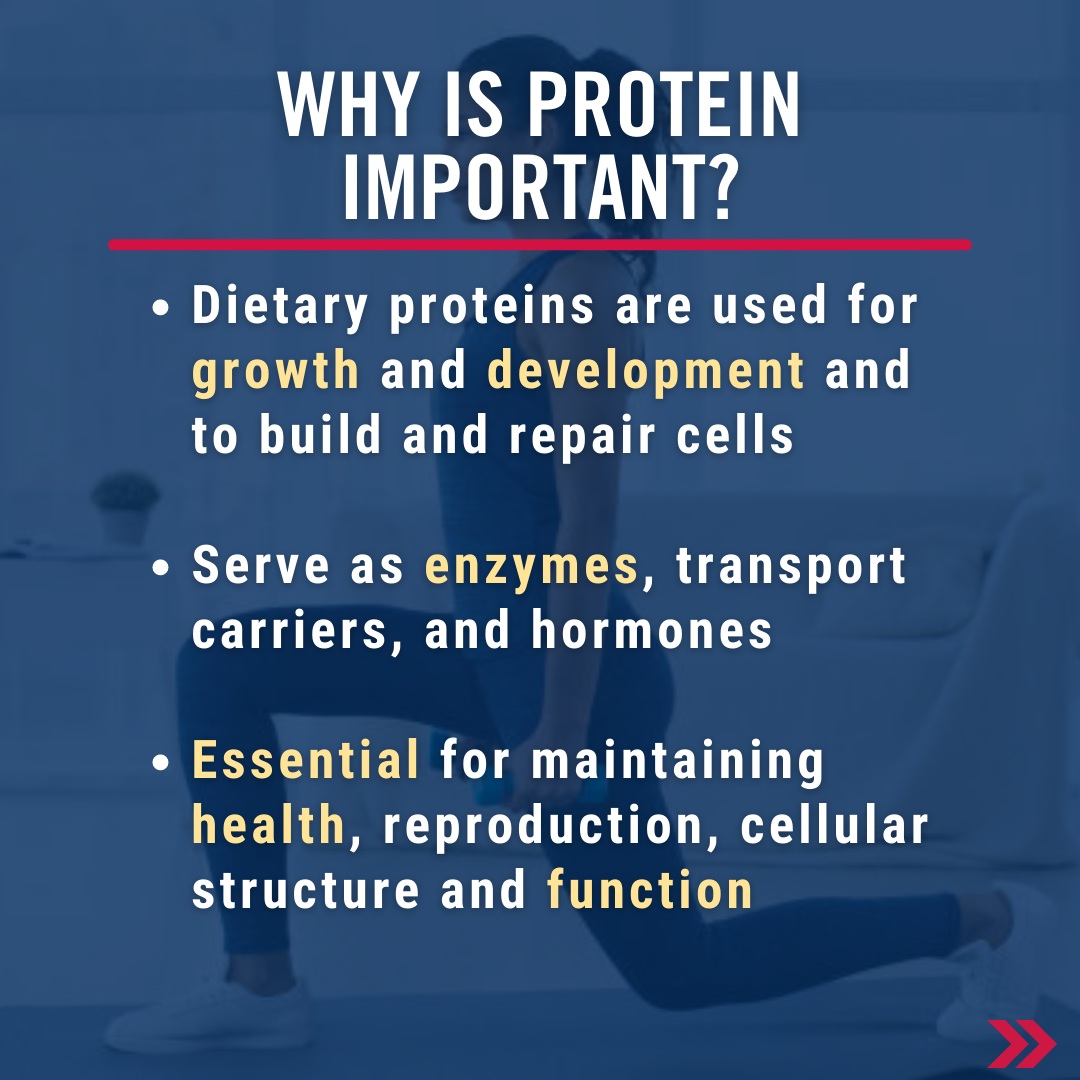 |
Why is protein so important?
-
We need protein in our diets in order to grow, maintain, and repair tissues, hormones, and immune systems in our body.
-
Protein helps our bodies perform in many ways!
-
Appetite control: eating a diet rich in protein seems to keep you full for longer periods of time. This may help with any unnecessary snacking throughout the day.
-
Muscle growth or maintenance: keeping protein levels high, combined with regular physical activity, helps people gain muscle mass and hang onto it over time. Don’t let all that hard work in the gym go to waste. Feed those muscles!
-
Increase strength: higher amounts of protein combined with exercise can also aid in strength improvements.
-
Increased immune function: proteins are the building blocks of antibodies and serve several functions in the immune system. Ensuring your diet is rich in protein will help you stay clear of viral and bacterial infections.
-
Fast recovery: higher protein intakes help repair tissue damaged during physical activity, injury, and the demands of everyday life.
|
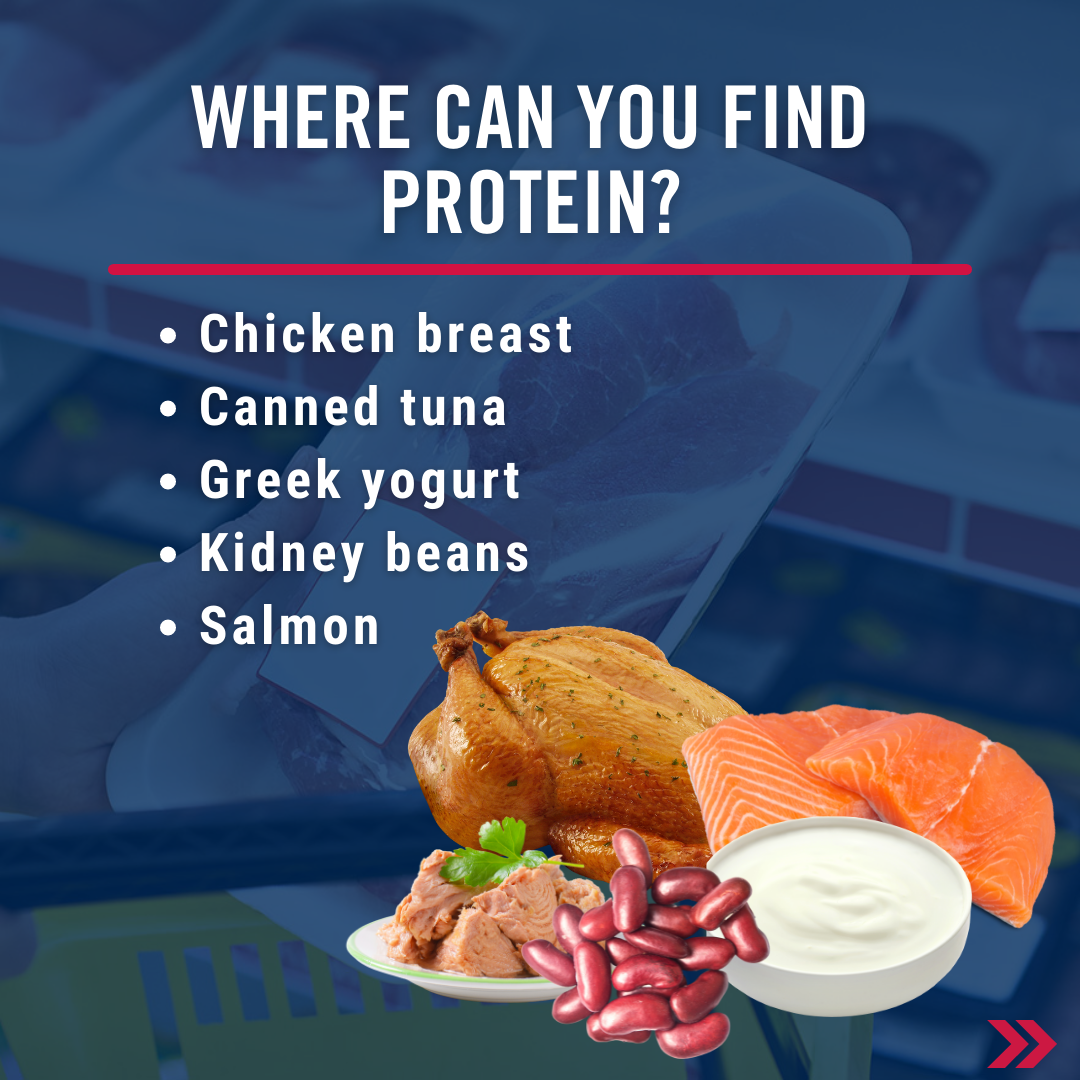 |
How much protein do you need?
-
Your protein needs depend on multiple factors including your age, weight, activity level, health status, goals, and life demands.
-
Sedentary people: minimum of 0.8 grams of protein per kilogram of bodyweight per day.
-
Adults over 65: 1.2-2.0 grams per kilogram of bodyweight each day. Older adults need more protein than the bare minimum recommendation to slow down muscle loss.
-
Athletes and active people: 1.2-2.2 grams per kilogram of bodyweight per day.
|
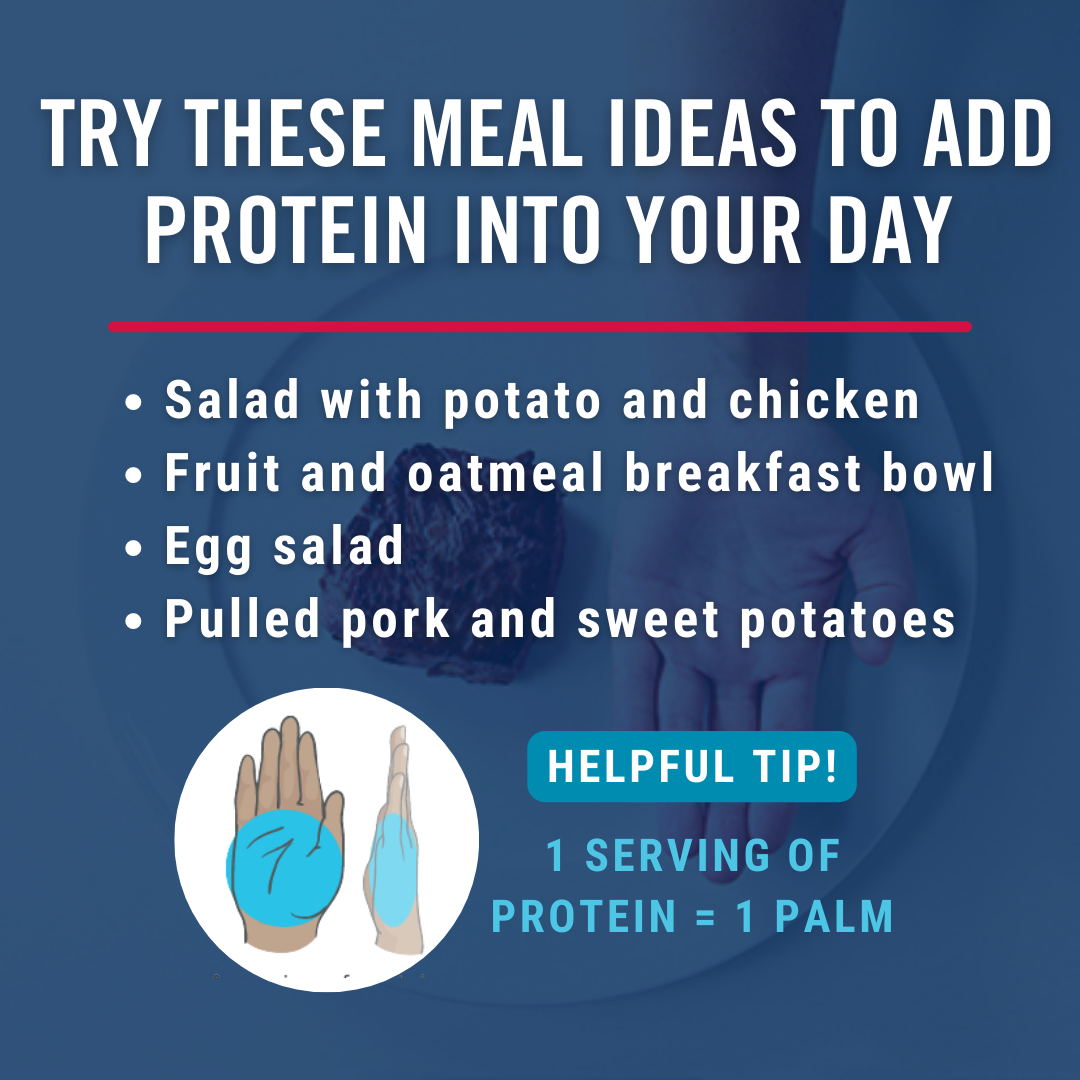 |
Protein rich meat-alternatives
Fully plant-based
-
Eat more: tempeh, tofu, edamame, lentils, beans, peas
-
Eat some: soy yogurt, black bean burgers, veggie burgers, tempeh bacon, protein powders (plant-based)
-
Eat less: highly processed plant-based meats (burgers, sausages, hot dogs), protein bars (plant-based)
Vegetarian
-
Eat more: eggs, cottage cheese, Greek yogurt
-
Eat some: protein powders (animal or plant-based)
-
Eat less: protein bars (animal or plant-based)
Pescatarian
-
Eat more: fish, shellfish
-
Eat some: protein powders (animal or plant-based)
-
Eat less: protein bars (animal or plant-based), high mercury fish
|
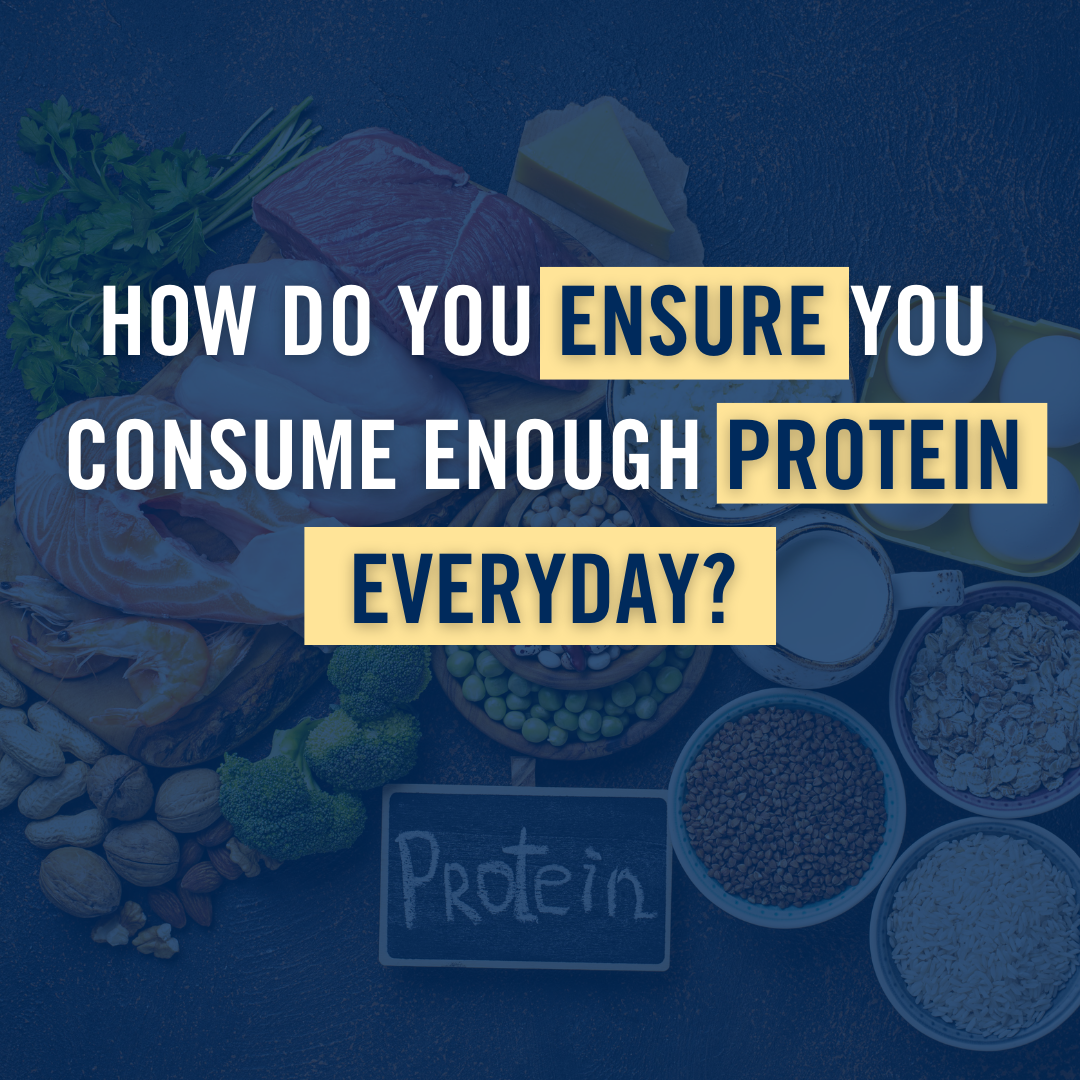 |
|
Fat
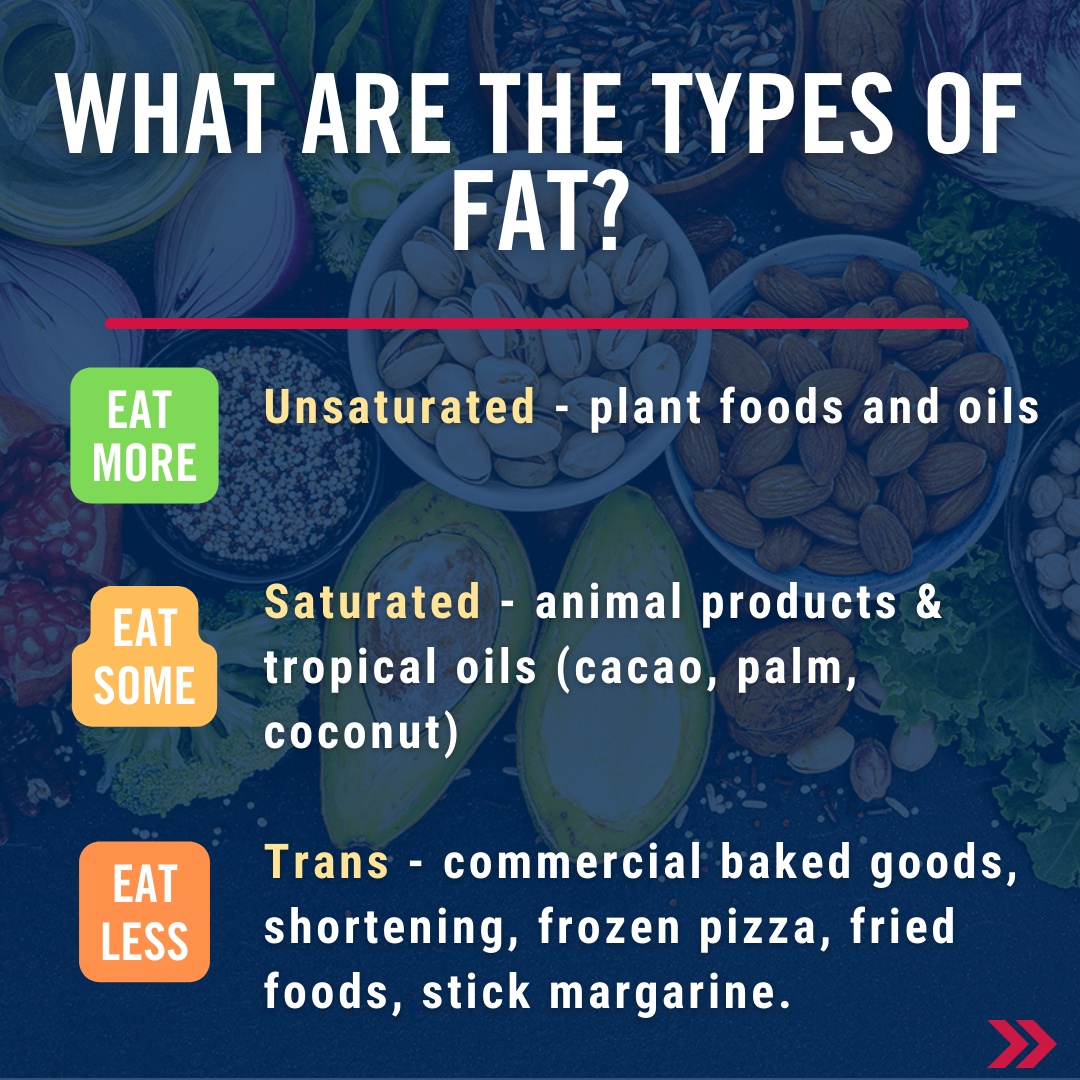 |
Types of Fats
“Healthy fats” - minimally processed fats from whole foods
-
Monosaturated fats: appear to lower LDL cholesterol (aka the “bad” cholesterol). These include minimally processed whole foods such as nuts, seeds, olives, and avocados
-
Polysaturated fats: omega-3 (flax & fish) and omega-6 fats (most seed oils (i.e., canola, safflower, sunflower)
“Unhealthy fats” – typically those that are industrially produced and designed to be non-perishable
-
Saturated fats when consumed in excess amounts. However, the amount found in non “man-made” food generally won’t contribute to chronic disease in moderation. (E.g., animal meat, butter, cheese, ice cream, tropical oils such as coconut and palm, some baked and fried foods)
-
Most shelf-stable cooking oils (safflower, soybean, corn, etc.)
-
Hydrogenated fats such as margarine
-
Trans-fatty acids that appear in processed foods. Limit trans-fat as much as possible. The less you consume the better.
|
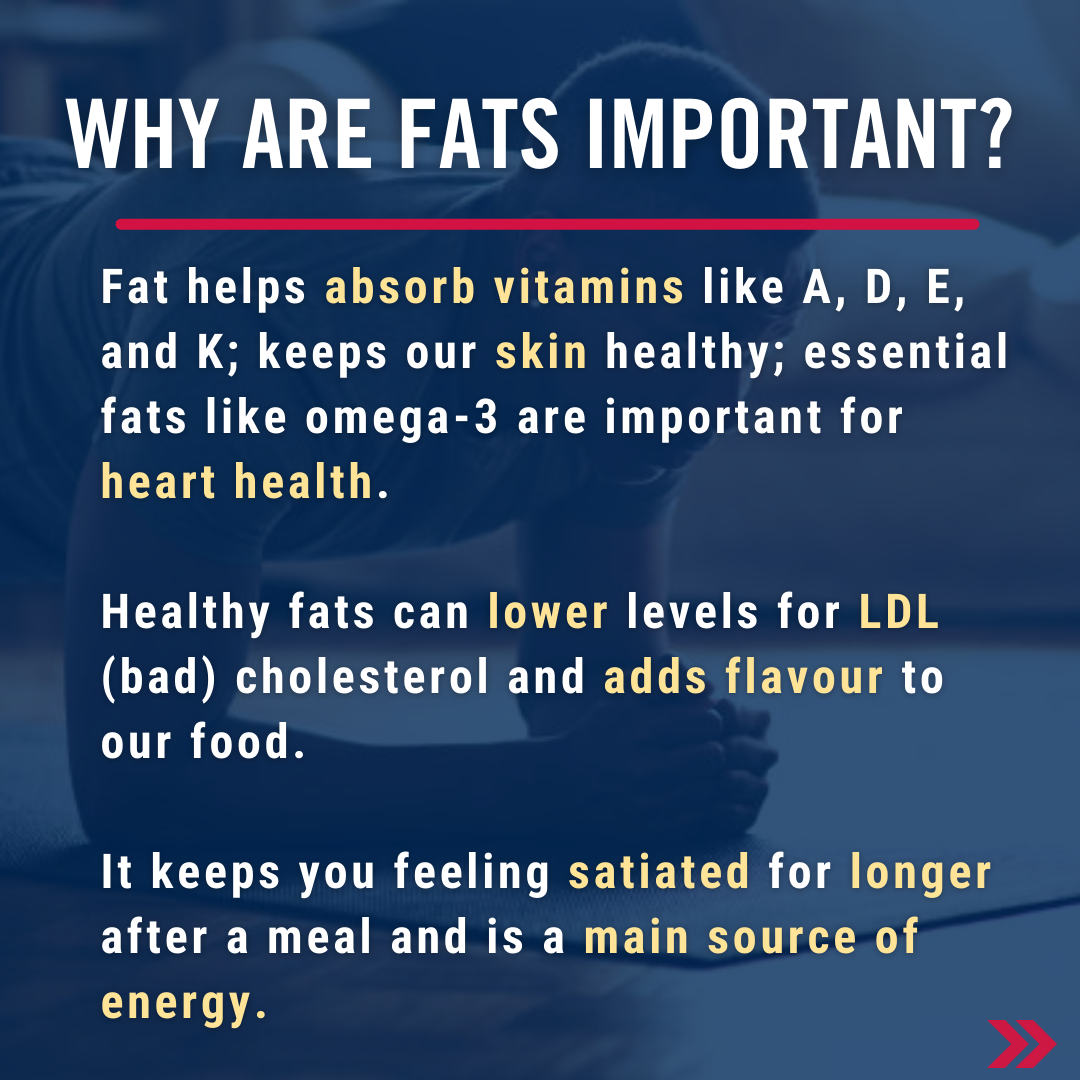 |
Fats in your diet
-
Aim to get a mix of fat types from whole, minimally processed. High quality foods. These include nuts, seeds (hemp, flex, chai, etc.), fish, seaweed, pasture-raised/grass fed animals/eggs, olives, avocado, coconut, and cacao nibs.
-
Limit industrially highly processed, artificially created, and factory farmed foods, which contain unhealthy fats.
-
Fats we consume are digested and either used for energy, stored in adipose (fat) tissue, or incorporated into other body tissues and organs.
-
Supports metabolism, the health of various body tissues, immunity, hormone production, and the absorption of many fat-soluble nutrients such as vitamin A and D
-
Helps to keep you feeling full between meals
|
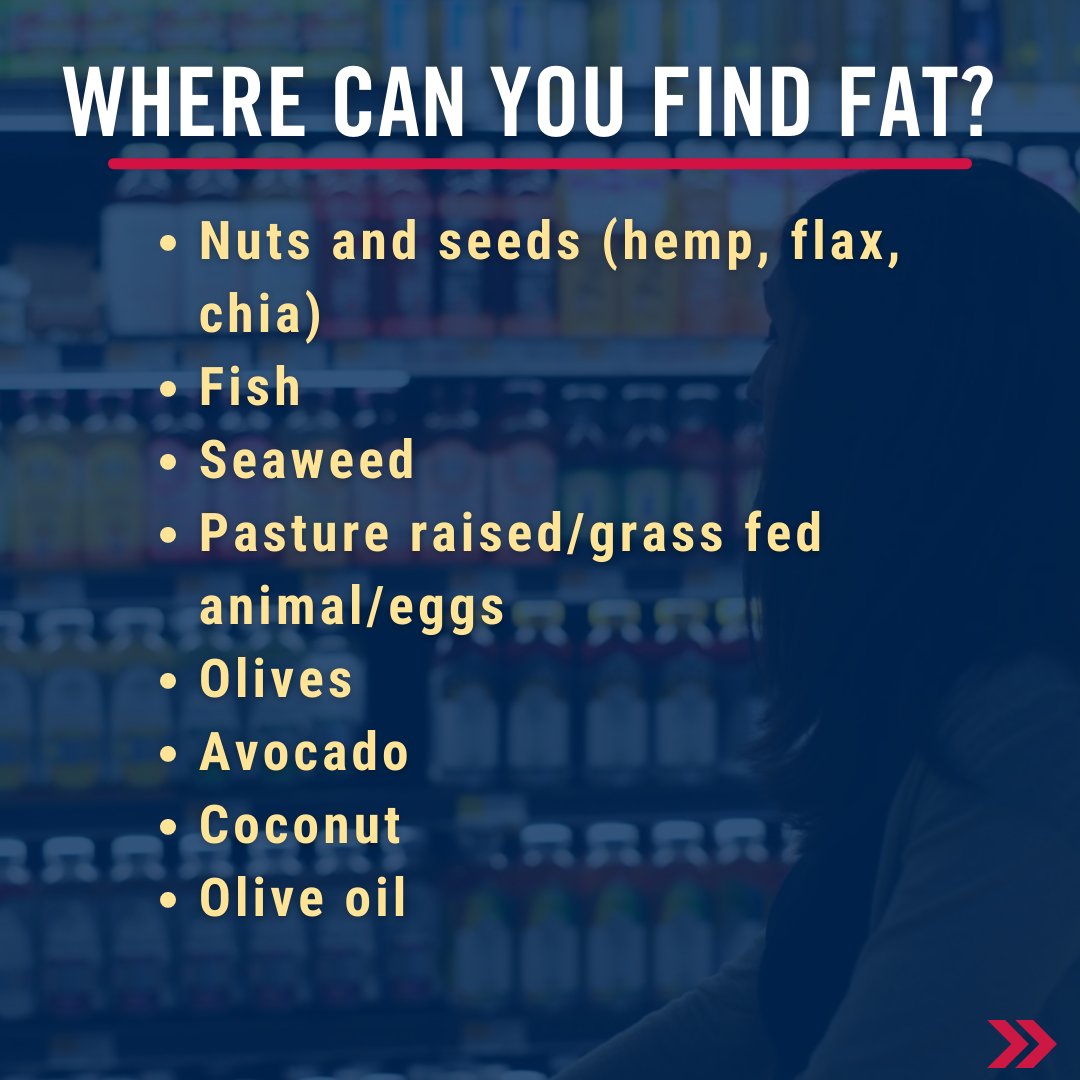 |
|
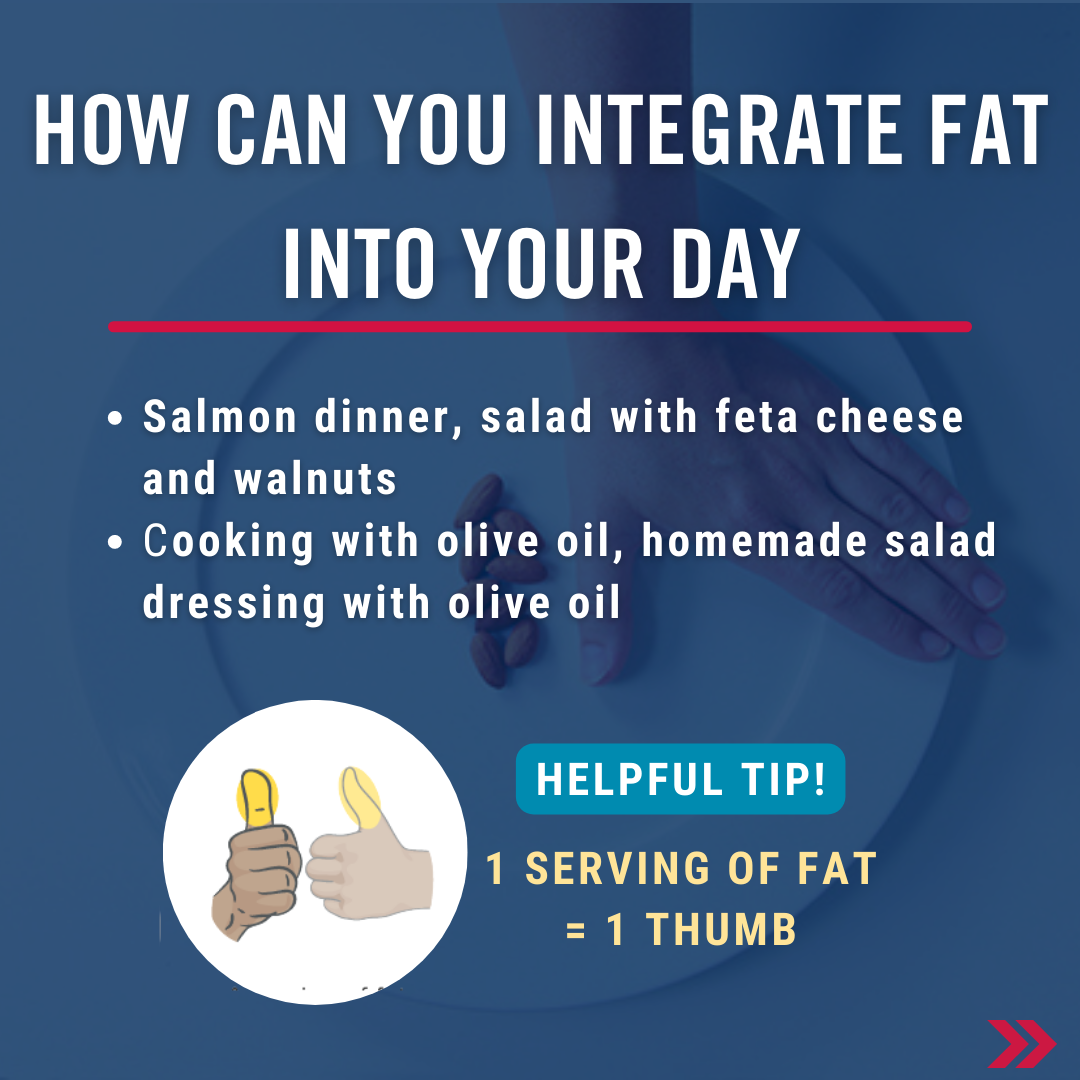 |
Getting creative with healthy fats!
-
Salad dressing with fresh cold press or extra-virgin oils (I.e., almond, avocado, olive, sesame, walnut).
-
Spruce up roasted or stir-fried vegetables with a drizzle of cold-press or extra-virgin oil on top.
-
Add some nuts or seeds to many dishes to add texture and a healthy dose of fat!
-
Chopped cashews on top of stir-fry
-
Add ground seeds or nuts to oatmeal or home baked goods
-
Coat chicken or fish in ground nuts or shredded unsweetened coconut before baking to add a crispy layer
-
Add seeds or chopped nuts to top up a salad
|
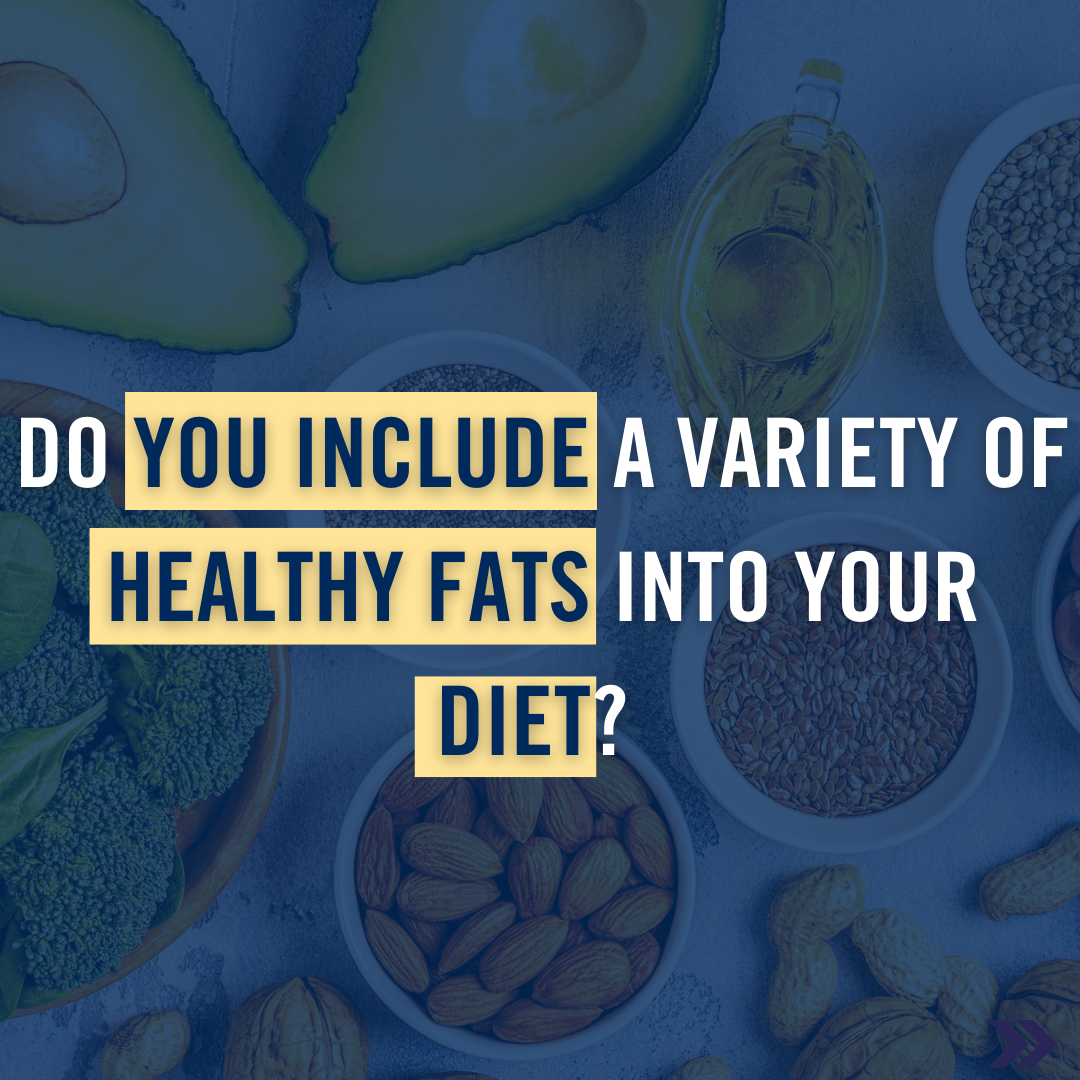 |
|
Carbohydrates
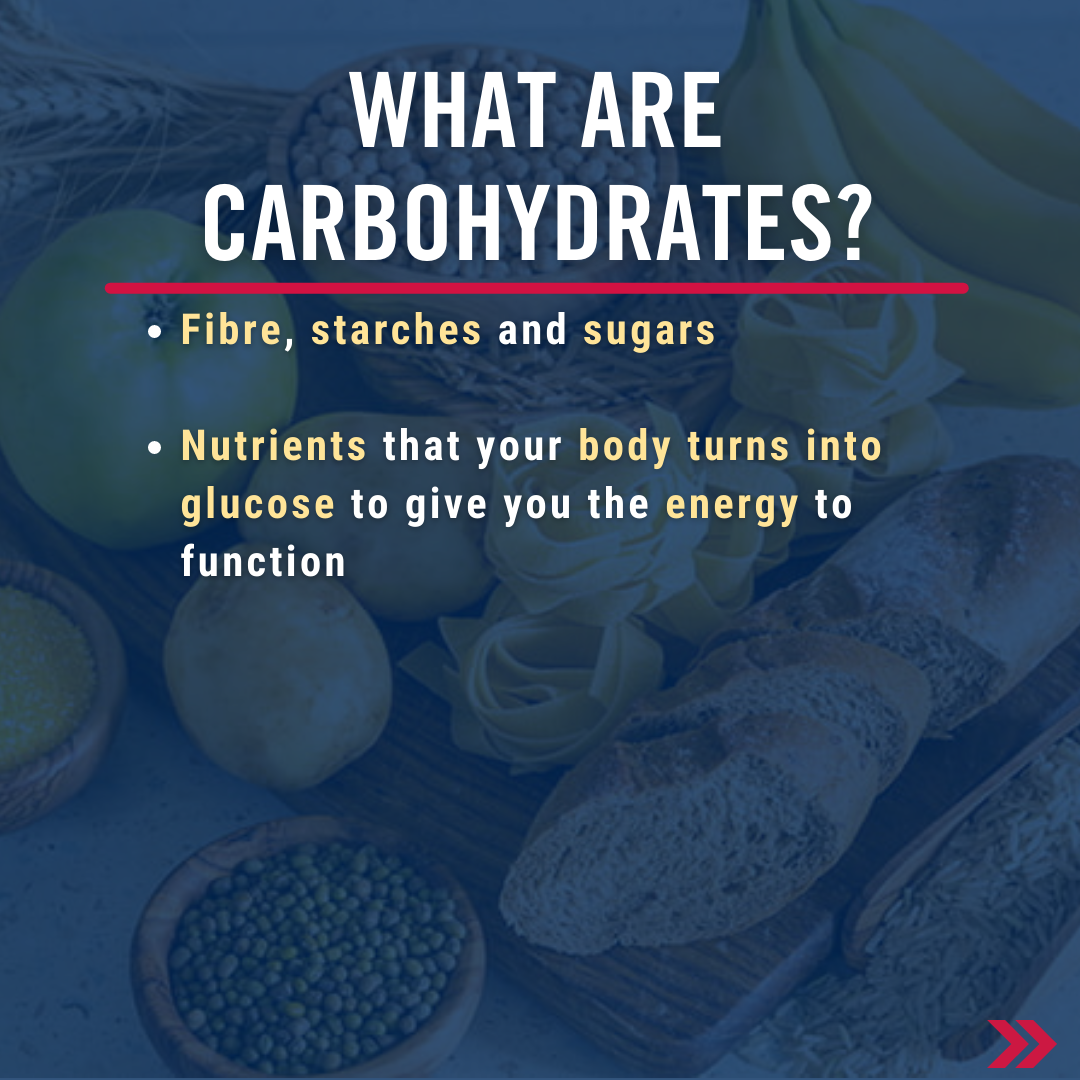 |
What are carbohydrates?
|
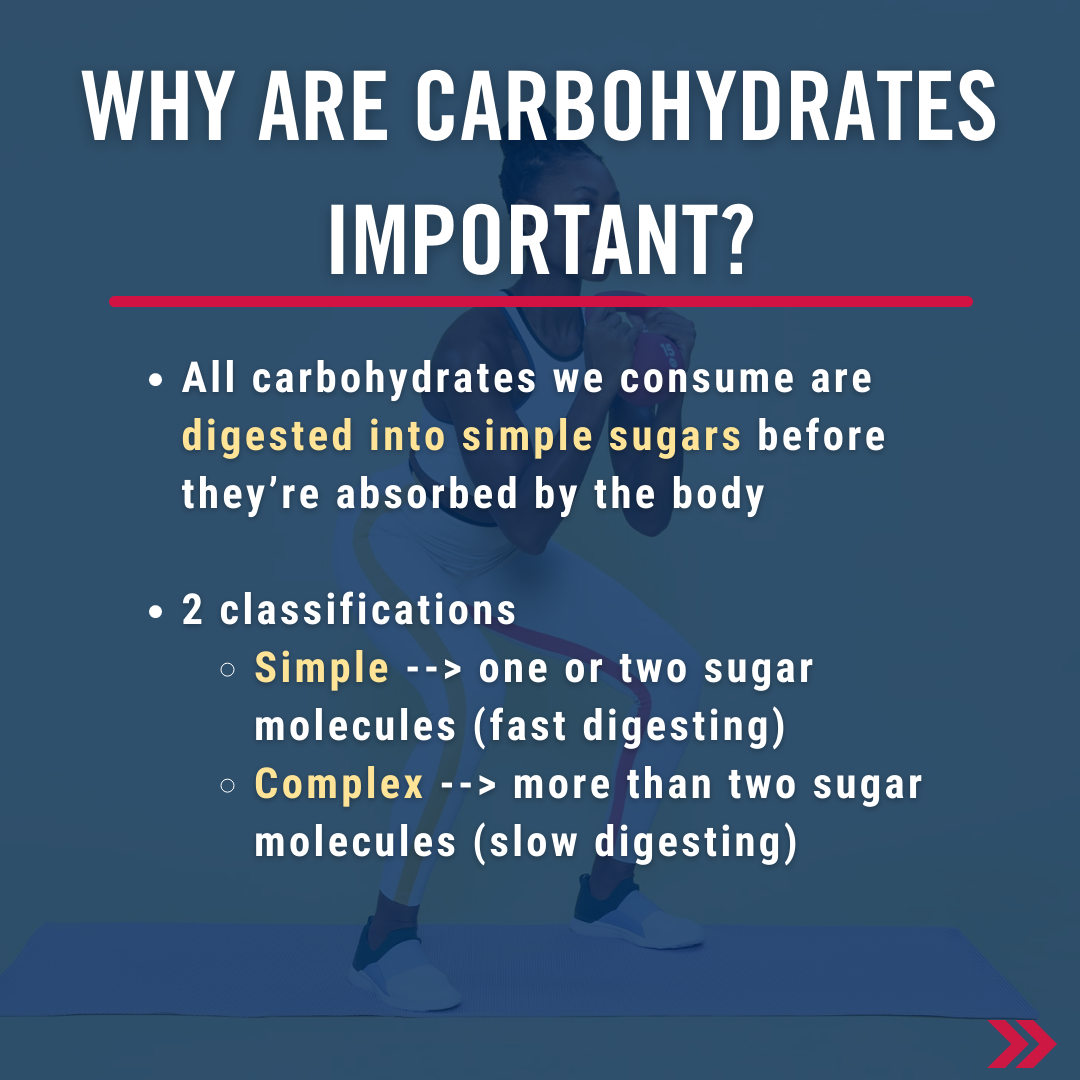 |
Carbohydrates and performance
-
Carbohydrates are the primary source of immediate energy for all your body’s cells.
-
When your diet consists of simple carbs, you may find yourself feeling hungry sooner between meals as your body breaks down these carbs rapidly not leaving you feeling satiated.
-
When your diet consists of complex, slower digesting carbs, such as whole grains, fruits, and vegetables, you’re better able to manage energy levels throughout your day.
-
Other benefits of a complex carbohydrate diet include increased vitamin and mineral intake, increased fiber, enhanced satiety, and blood sugar control.
-
The amount of carbohydrates that should be consumed daily depends on body size and activity levels: larger and/or more active people need more while smaller and more sedentary people require less.
-
A diet rich in complex carbohydrates is also rich in fiber! Fiber can be found in vegetables, legume , fruits, nuts, seeds, and whole grains.
-
Excessive carbohydrate consumption will be stored for future use by your body (as fat or sugars).
-
Slow digesting carbohydrates: beneficial at meals to keep you feeling full longer and allow for a slower release of energy. (E.g. fruits, vegetables, legumes, whole grains, etc.).
-
Fast digesting carbohydrates: beneficial during pre, during, and post workout periods. (E.g. fresh and dried fruits, smoothies, rice, crackers)
|
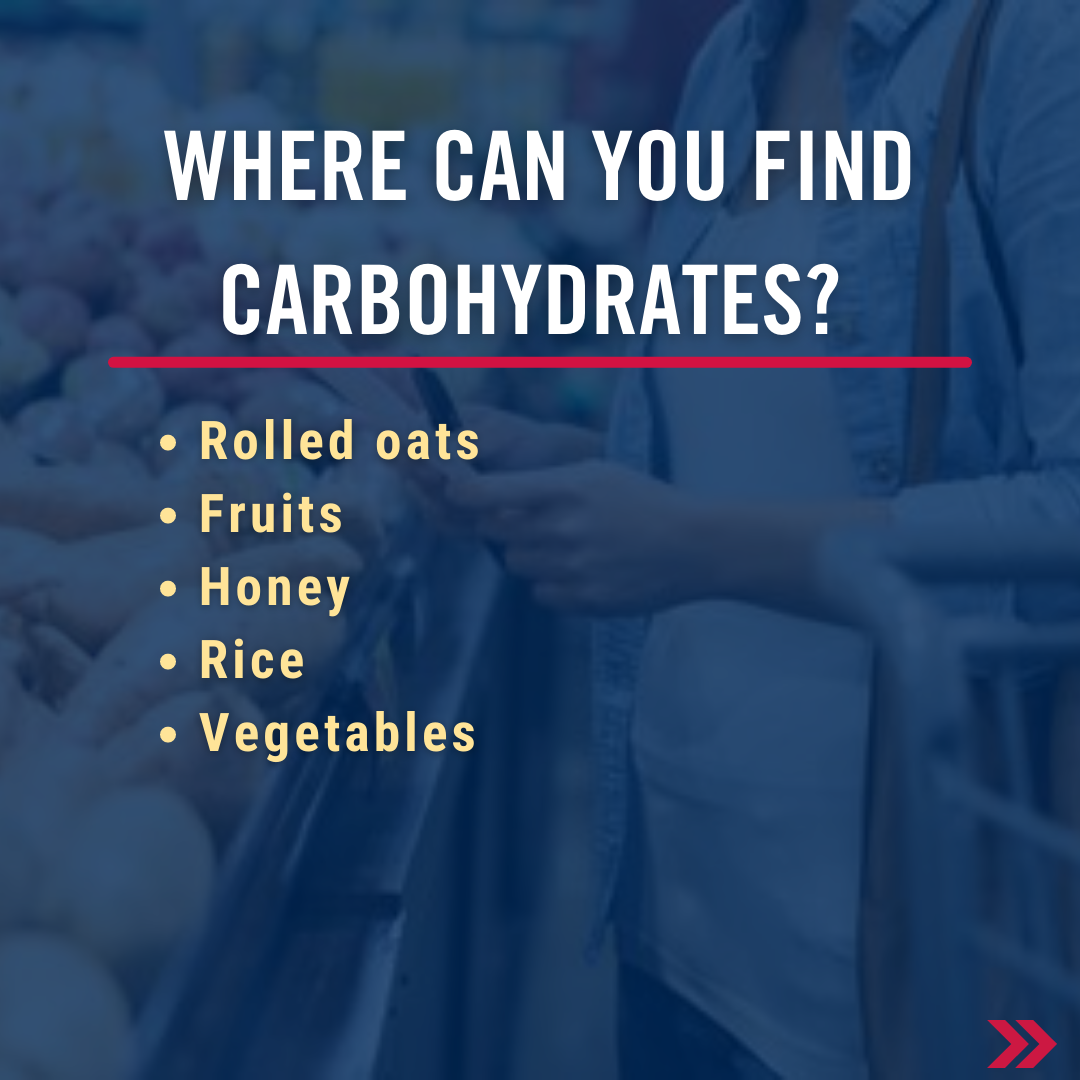 |
|
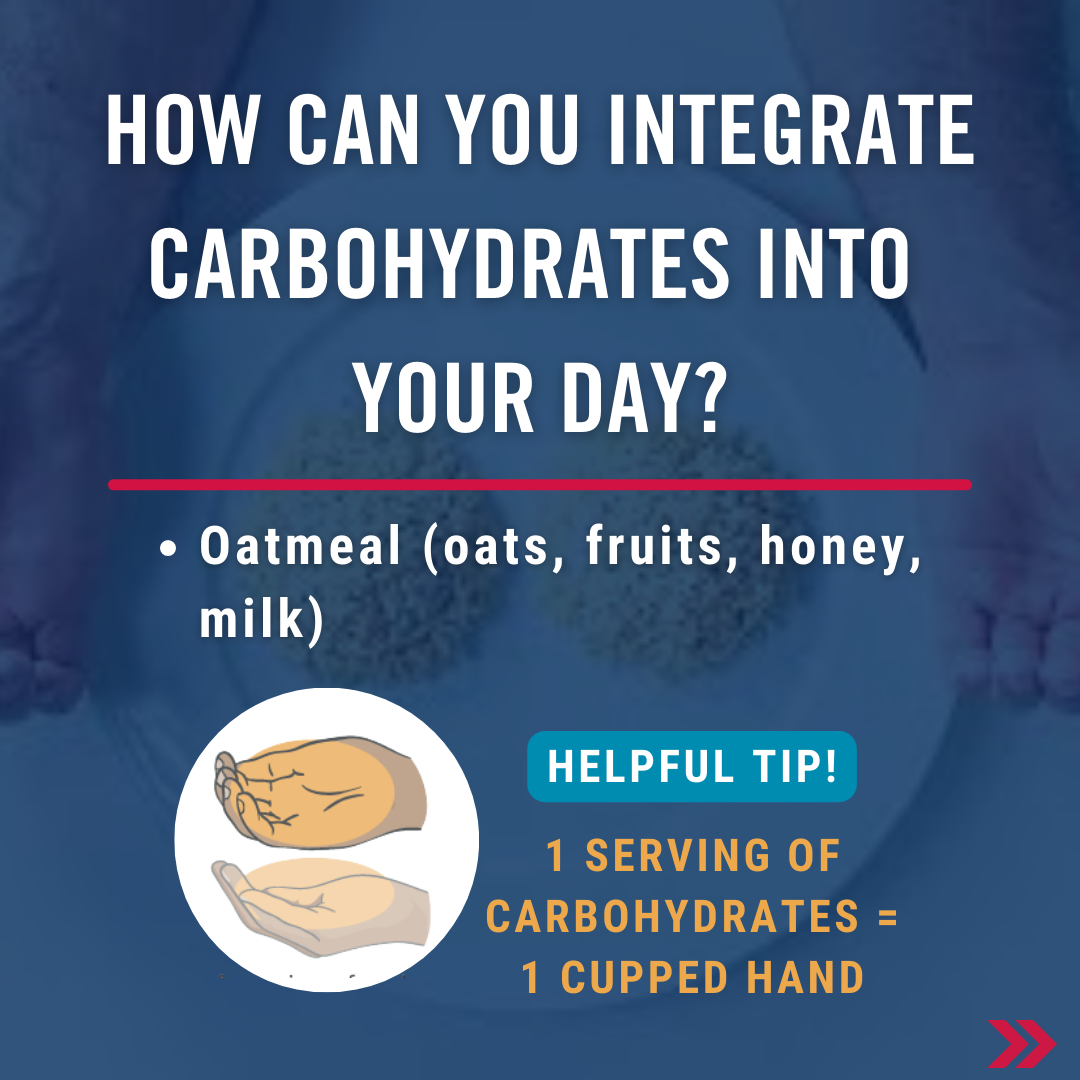 |
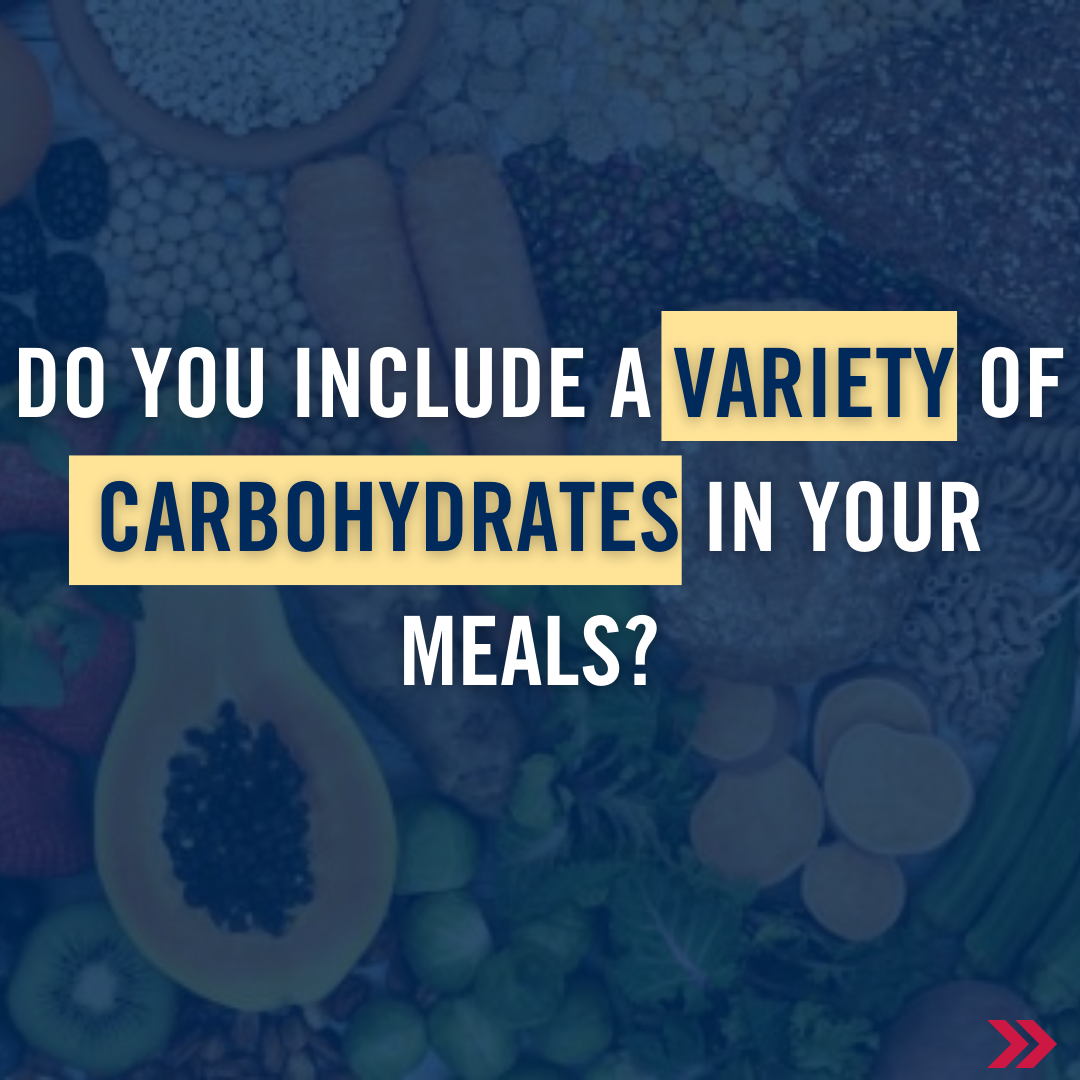 |
|
Vitamins and Minerals















